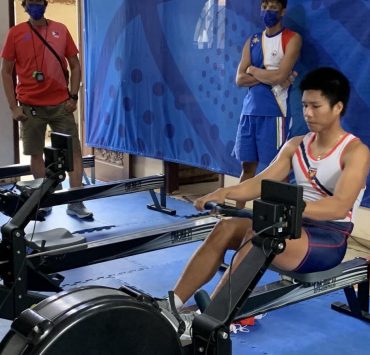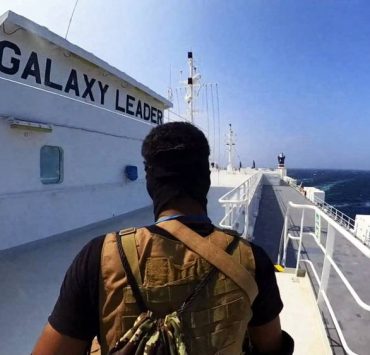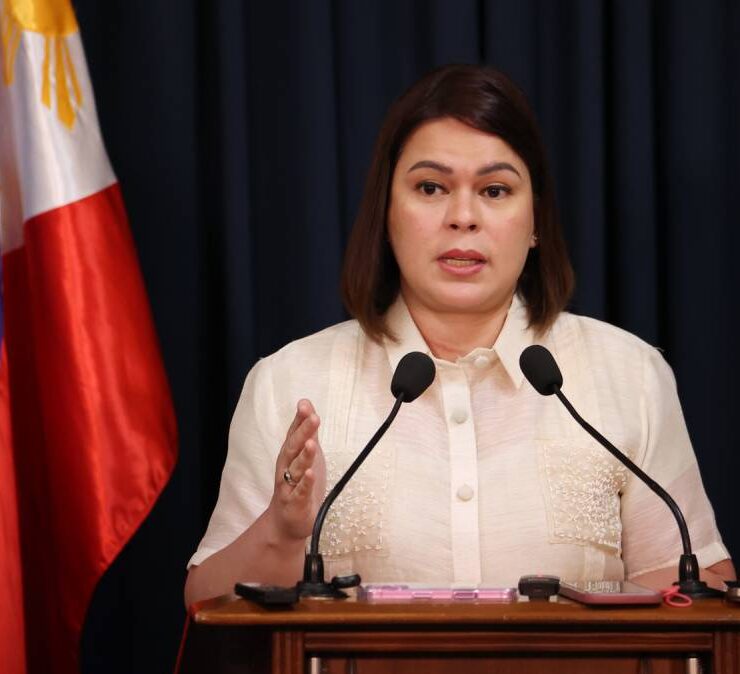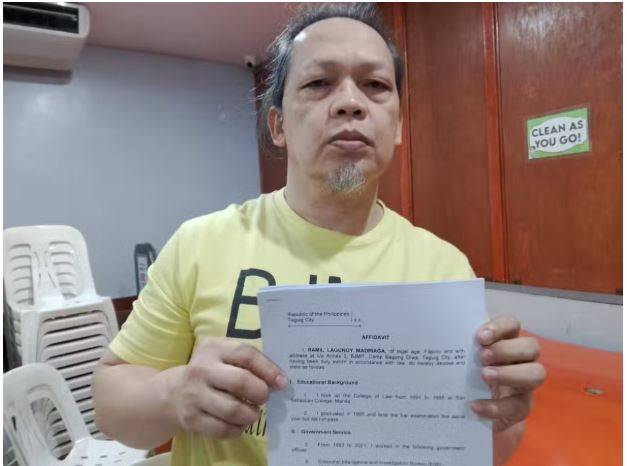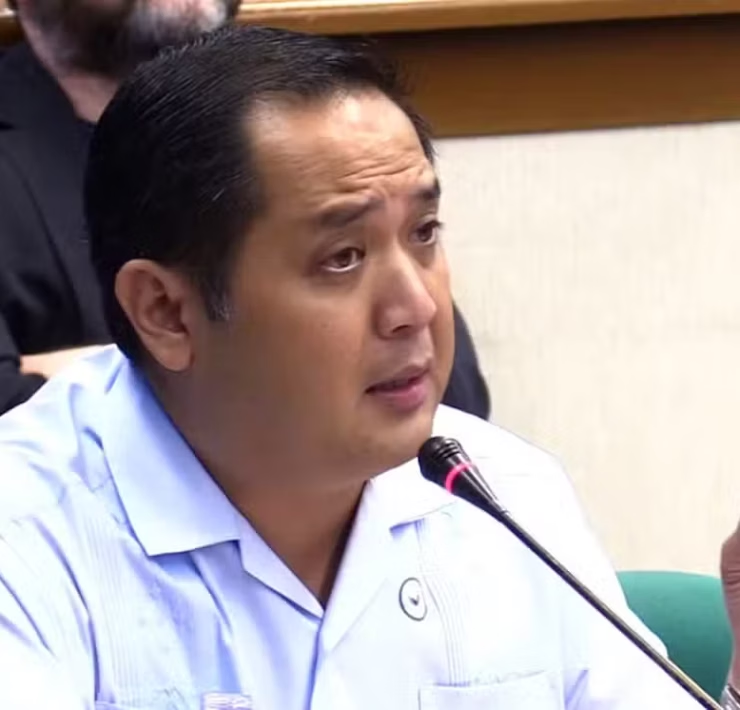Why influx of Sino students in Cagayan Valley? Solons ask
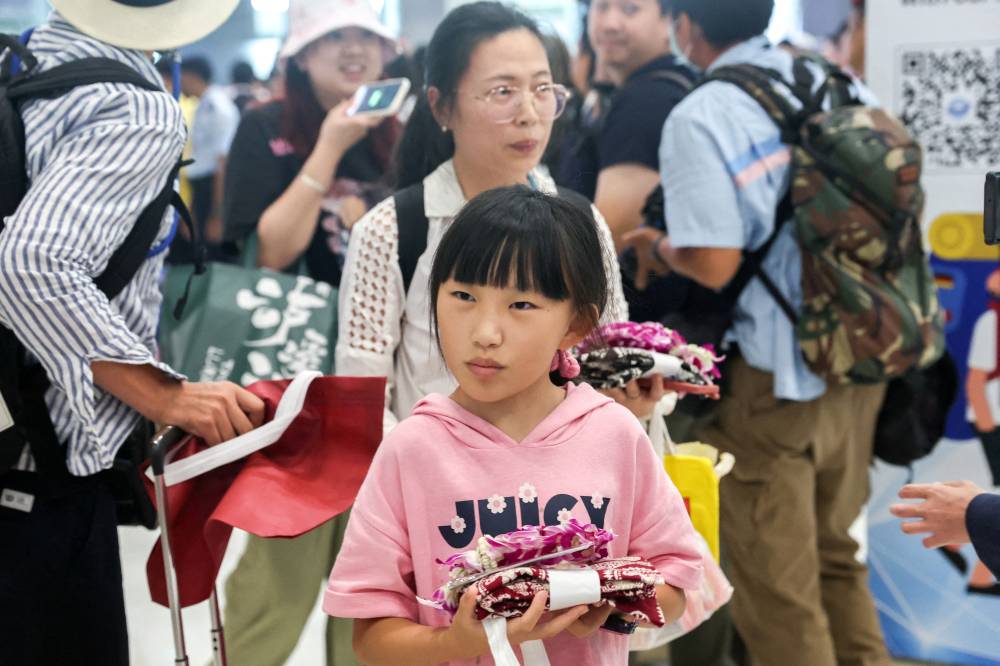
TUGUEGARAO CITY—Two Cagayan Valley lawmakers have filed separate resolutions asking the appropriate committee of the House of Representatives to look into the reported surge of Chinese students in colleges and universities in this city amid the country’s tension with China over the West Philippine Sea.
Representatives Joseph Lara of Cagayan’s third district and Faustino “Inno” Dy V of Isabela’s sixth district said the presence of large numbers of Chinese nationals in this region and other parts of the country pose a risk to the country’s national security and economy, particularly since these foreigners had been involved in “spurious schemes.”
But the Bureau of Immigration and the local governments in Cagayan Valley have yet to release data on the number of foreign nationals in the province or the region.
Lara, in his Resolution No. 1666 dated March 20, noted “an alarming increase in the number of Chinese citizens coming into the province of Cagayan as students enrolled in the various higher education institutions from the past to the current year.”
He said this development is “highly suspicious and alarming, causing worry and concern among local townsfolk.”
Given the maritime dispute and the “strategic geographical location” of Cagayan, the influx of Chinese students “poses serious concern to the national security” of the country, he said.
He claimed that the Cagayan and Tuguegarao City governments, whose chief executives have been reportedly supporting the Belt and Road Policy of China and opposing the Enhanced Defense Cooperation Agreement (Edca), are allegedly sponsoring the students.
But Cagayan Gov. Manuel Mamba and Tuguegarao Mayor Maila Ting-Que, in separate interviews on Sunday, maintained that Chinese students in the province entered the country legally and were able to study in local colleges and universities under a partnership between Chinese learning institutions and the Commission on Higher Education (CHEd).
Ting-Que also denied that her city sponsored some of these students, while Mamba noted that these foreign nationals entered the country with visas issued by the Department of Foreign Affairs (DFA).
Land deal
Dy noted in his Resolution No. 1629, dated March 6, that an investigation by the House committee on public accounts showed that a Chinese national named “Aedy Tai Yang” was able to sell parcels of land to the municipal government of Mexico, Pampanga.
He also said the House committee on dangerous drugs had found, during a hearing on the P3.6-billion crystal meth haul in Mexico town, that the warehouse was owned by a “Willie Ong,” a suspected Chinese national who was said to have illegally amassed private lands in Pampanga.
Further, he noted reports of Chinese nationals in Isabela who took out bank loans and disappeared after the money were released to them.
“These Chinese nationals were involved in the operation of huge warehouse businesses in Isabela before they took off with the money to the prejudice of their creditors,” the congressman said in his resolution.
He also cited the DFA as saying that “there are foreign nationals who have obtained Filipino passports by assuming Filipino identities through the presentation of authentic and genuine Philippine Statistics Authority birth certificates and valid government-issued identification cards that are accepted for passport application.”
‘Real students’
But Mamba, in a phone interview on Sunday, said the Chinese nationals enrolled in Cagayan province were “real students.”
“The Philippine government through the CHEd, as well as several Philippine universities, have partnered with Chinese educational institutions to encourage Chinese students to study in the Philippines. We are fortunate that some of these Chinese students chose to study in Cagayan,” the governor said.
He added that the presence of these Chinese students “contributes to vibrant economic activities, particularly in Tuguegarao.”
He said they, just like other foreign students, have to get student visas from the DFA through the Philippine Embassy in their country before they can travel and study in Cagayan.
In a separate interview, Ting-Que said the city government “did not sponsor any foreign students, including Chinese, in any of the learning institutions found in the city.”
“We cannot spend public funds for them,” Ting-Que stressed.
She said the city did not have anything to do with the issuance of visa to any foreigner.
“Tuguegarao City, as the center of excellence, will not stop foreign students, Chinese included, from studying here if they are legally documented and [had] not done anything wrong within the city,” she said.
She said the city government supports foreign policies and is “a friend to everyone and does not wish to meddle.”
‘All visitors welcome’
“The West Philippine Sea is an issue that is supposed to be settled at the national and international levels between governments and not between individuals. It is our hope and prayer that national policy be not influenced by local politics and beyond some politicians’ whims and caprices,” the mayor said.
“I categorically deny opposing Edca and not taking [action] against it. I [also] deny supporting [the] Belt and Road Policy of China and I do not even know it…. I welcome all visitors in the same way,” she said.
There are two Edca sites in Cagayan: Naval Base Camilo Osias and Lal-lo Airport.
But the province has also been the recipient of key national infrastructure projects under China’s Belt and Road Initiative. —WITH A REPORT FROM JEANNETTE I. ANDRADE














